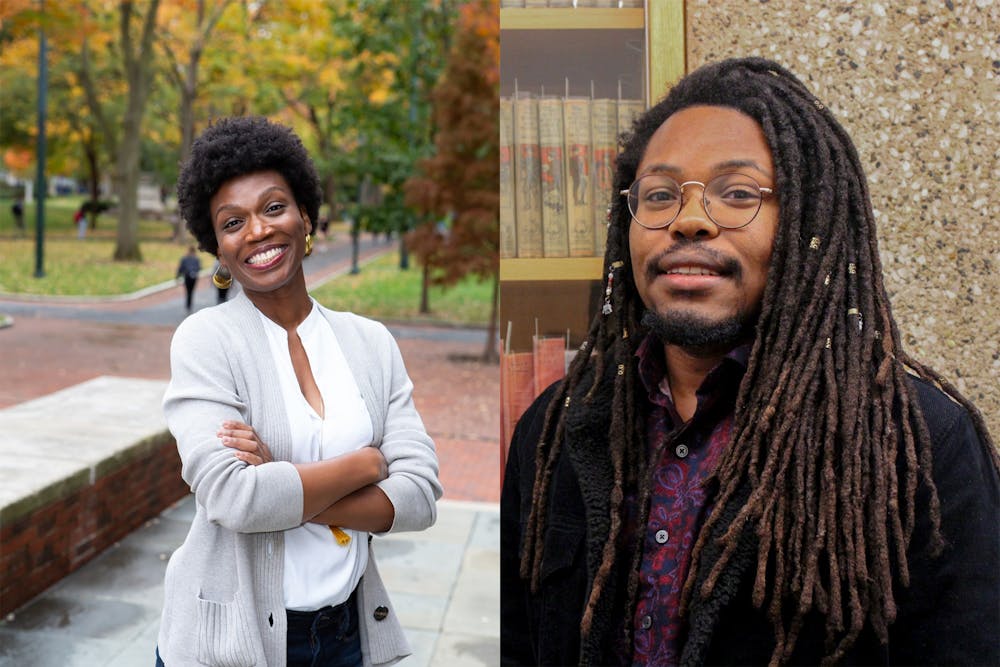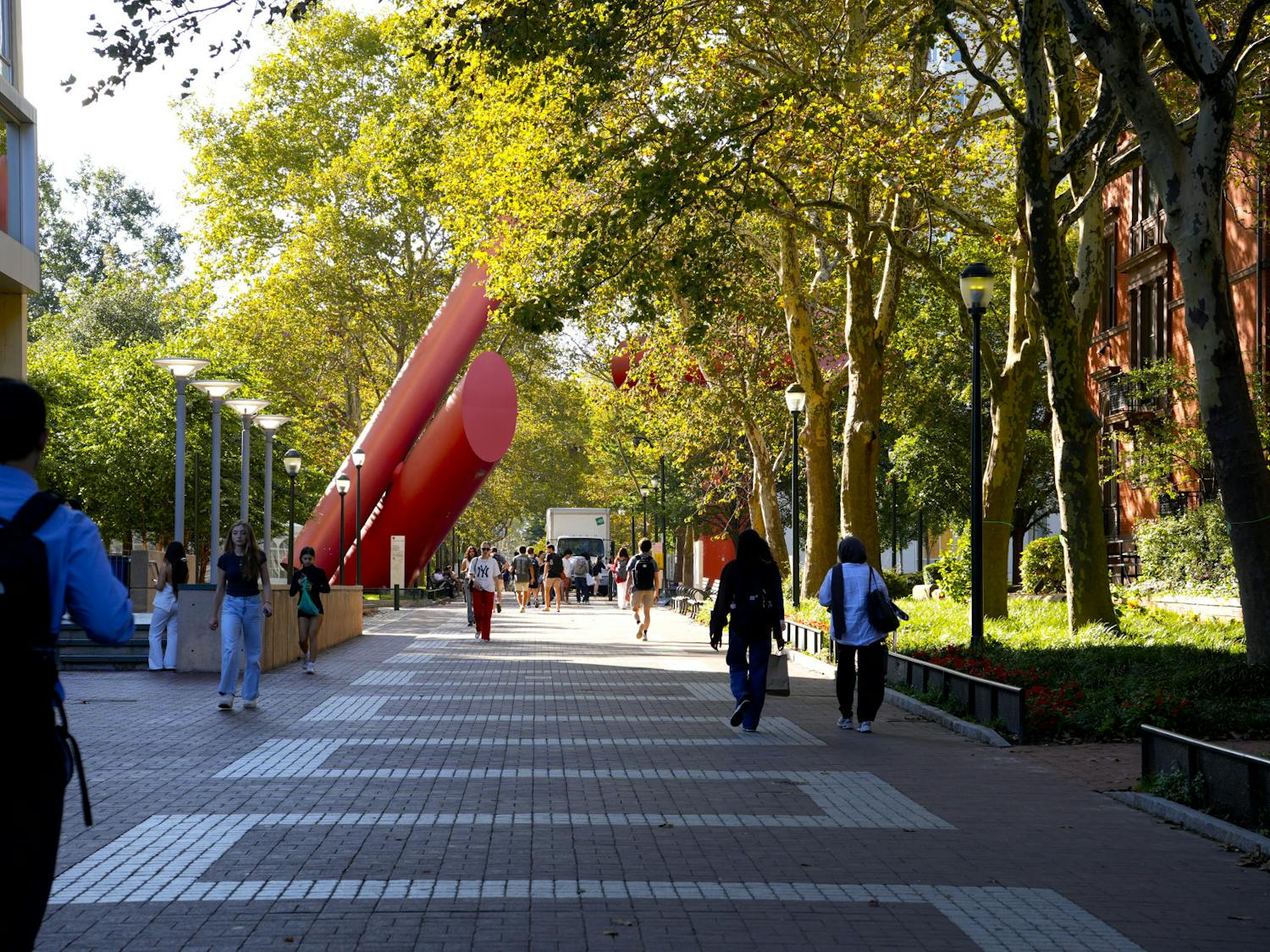Two students from the Stuart Weitzman School of Design were named the first scholars of the Moelis Fellowship program, an initiative which launched this fall at PennDesign.
This semester, first-year PennDesign students Eboni Hawkins and Sean Dajour Smith were named the first cohort of scholars. Housed under the Department of City and Regional Planning, the program covers tuition and provides mentorship for black and Latinx students in the Master of City Planning program.
As part of the school’s diversity initiative, the program aims to bring people of different backgrounds to the planning field and guide them into the development world. The fellowship provides two years of tuition remission, a research stipend, funding to attend the National Planning Conference, and a year’s membership in the American Planning Association. Scholars are mentored by a faculty member, and eventually an alumnus of the program.
The American Planning Association is a community of approximately 45,000 members from over 100 countries advocating for excellence in planning and resident empowerment, according to their website. APA will host the annual National Planning Conference in April 2020.
1978 Wharton and College graduate Ron Moelis is the primary person providing funding for the program.
“The best way to cultivate innovative and smart thinking is by having diversity of thought,” Moelis told PennDesign. “Diversity of thought is created by bringing in a wide range of experiences, views, and values to the table.”
Hawkins is pursuing a master's in City Planning with a concentration in Public-private Development and Smith is concentrating in Community and Economic Development.
Hawkins grew up in Brooklyn, N.Y. and San Francisco and graduated with a bachelor's degree in urban studies at the University of Illinois at Chicago in 2016. After graduating, she said she worked for Mercy Housing, an organization which redevelops low-income housing, in Chicago for a year.
Hawkins said she is interested in making the built environment, a term which refers to human-made environments, more affordable and accessible by studying development projects' economic factors.
“I really have a love of design — urban design, landscape, architecture — and the way those fields talk about cities,” Hawkins said. “It’s highly imaginative and I wanted to be close to that, so Penn was at the top of the list.”
In comparison to other design schools she considered, Hawkins said that she felt Penn showed her the most financial support and flexibility as a mother of a three-year-old daughter. Hawkins said her daughter lives in Chicago with her family, and her schedule allows her to frequently commute between the two cities.
“I feel like the job that I want doesn't exist yet," Hawkins said. "I would like to work for a socially conscious developer, and I think that without a planning background, I would never have that sensitivity to those dynamics.”
Smith attended community colleges in Michigan and Texas and the University of Michigan, where he received a bachelor’s degree in sociology and a minor in Community Action and Social change. He worked in higher education for a few years after his time at the University of Michigan before switching to city planning.
“I’m 29 now and it took basically my whole 20s to get to this point, so I figured if I could get funding, maybe it’d be a huge break for me because I’ve lost a lot of wages,” Smith said. “I just saw this as an opportunity for me to show people that planning was a viable option.”
Both Hawkins and Smith said the program is a positive stride toward increasing diversity in the city planning field.
“There’s a clear track record of what’s happened when people who look like me, who come from my experiences have been absent from the table,” Smith said. “We’ve seen what neglect has done to certain communities, so I think it’s important to have us at the table to provide that insight to make sure that we make better decisions in the future.”









